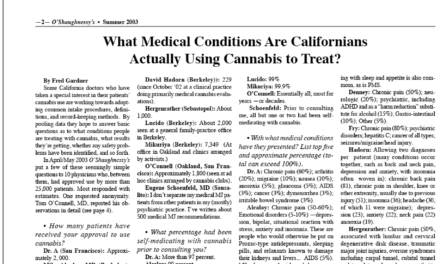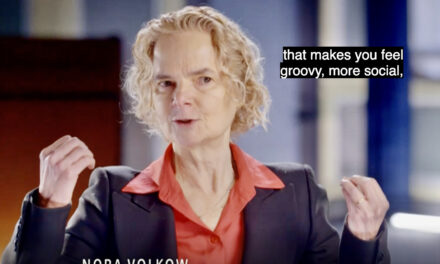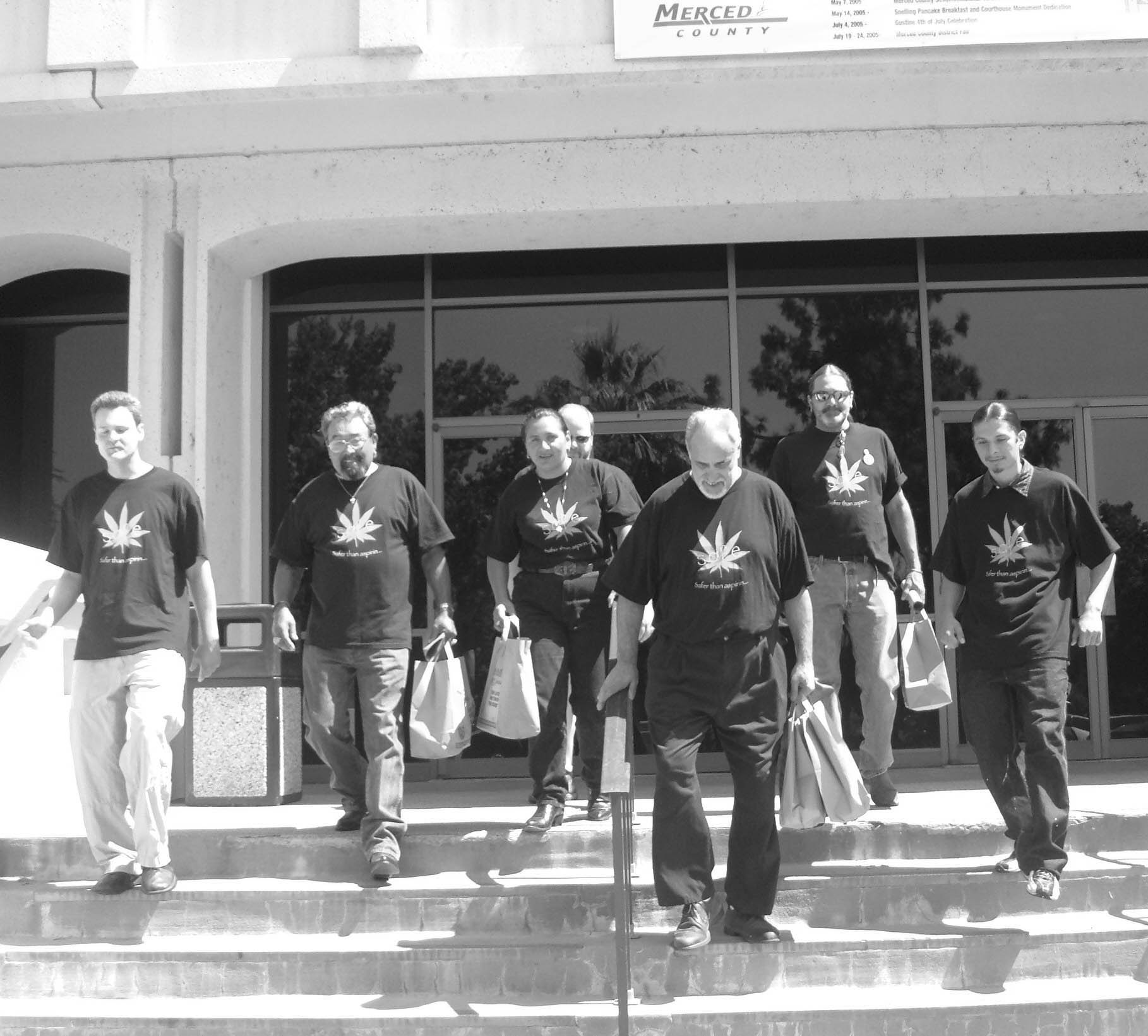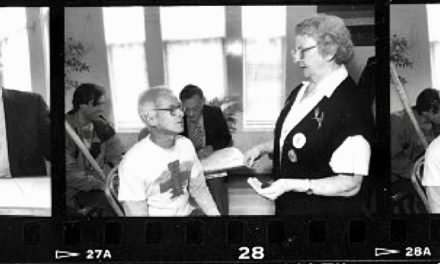By Fred Gardner January 30, 2015
Joe D. Goldstrich, MD, and I drove out to a meeting of the medical board’s Enforcement Committee in Sacramento yesterday. We had been alerted by Frank Lucido, MD, that medical marijuana was going to be on the agenda. At the previous meeting, the board discussed revising the guidelines concerning medical marijuana approvals it adopted in 2004 (eight years after the passage of Prop 215).
Read the proposed changes here.
Also attending yesterday’s session was R. Stephen Ellis, MD, of San Francisco who has for years been urging the board to crack down on doctors who conduct only cursory exams before authorizing patients to use marijuana. Speaking rapidly and with passion, Ellis said he used to think it an exaggeration when people said that 99% of marijuana approvals are “a joke,” but now he thinks that percentage is accurate.
The board heard a presentation by Patricia Conley, MD, about how Kaiser-Permanente’s increased use of “video visits.” Teenage acne patients and the dermatologists who prescribe Accutane —which can induce very dangerous reactions— are making greatest use of the technology. Parents and pediatricians make use of telemedicine when a child is sick to decide if a trip to the office or the ER is called for, according to Conley, an internist who is involved in Kaiser’s use of telemedicine.
Asked if a Kaiser patient’s initial visit could be via video, Conley said, “We are not offering that right now. It has to do with a good-faith exam. If they’re a new patient we don’t have information and need to see them. That could be something that could evolve over time, but at this point we feel we really need to get to know somebody… before we move on to remote.”
A So Cal opthalmologist named Howard Krauss, who sits on the Enforcement Committee, commented: “I’m concerned about telehealth [the term the Medical Board of California’s preferred term] being used for marijuana recommendations or opioid prescriptions. I would like to ask the board to consider a motion to direct our enforcement committee to study and offer recommendations to the full board regarding any legislative or regulatory advocacy positions we would take in reference to requiring in-person evaluations for marijuana recommendations or opioid prescribing.”
It was so moved, and at the next meeting (late April, Los Angeles area) the Enforcement Committee will recommend to the full board at whether or not approvals to use marijuana can be issued based on a remote exam. Since Kaiser’s is the telemedicine model the board admires, and Kaiser requires in-person initial visits, we infer that Krauss might want marijuana renewals to require office visits. The med board’s position on this question will be taken seriously by California legislators as they adopt regulations for the medical marijuana industry. Definitely a matter of interest to SCC physicians.
The chair of the Enforcement Committee, Ronald H. Lewis, MD, said he had ample experience using telemedicine in the prison system. Lewis was businesslike but had a light touch.
Dr. Bishop’s Small Disclaimer
Enforcement Committee member Michael Bishop, MD —not the former UCSF chancellor— made a statement about telehealth that he called “a small disclaimer:”
I think the in-person visit allows the laying on of hands which has both diagnostic and therapeutic benefits. I’m in a teaching program… and I’m seeing gradual distancing of ourselves form our patients. I worry that this [telemedicine] is one more step in that direction. My residents don’t use their stethoscopes. They’re anesthesiologists —they should, but they don’t. Things are missed. You can only do so much by visual examination.
I just don’t want us to think that that this [telemedicine] is more than it really is.
Maybe we can have a proxy at the remote location who can be our hands… Laying on of eyes is good but laying on of hands is much better.
A Video Visit to the MBC
We watched the next day’s session from home. The Medical Board of California does a good job of videoing the meetings. Remote viewers can participate in the public comment session (which we did not).





